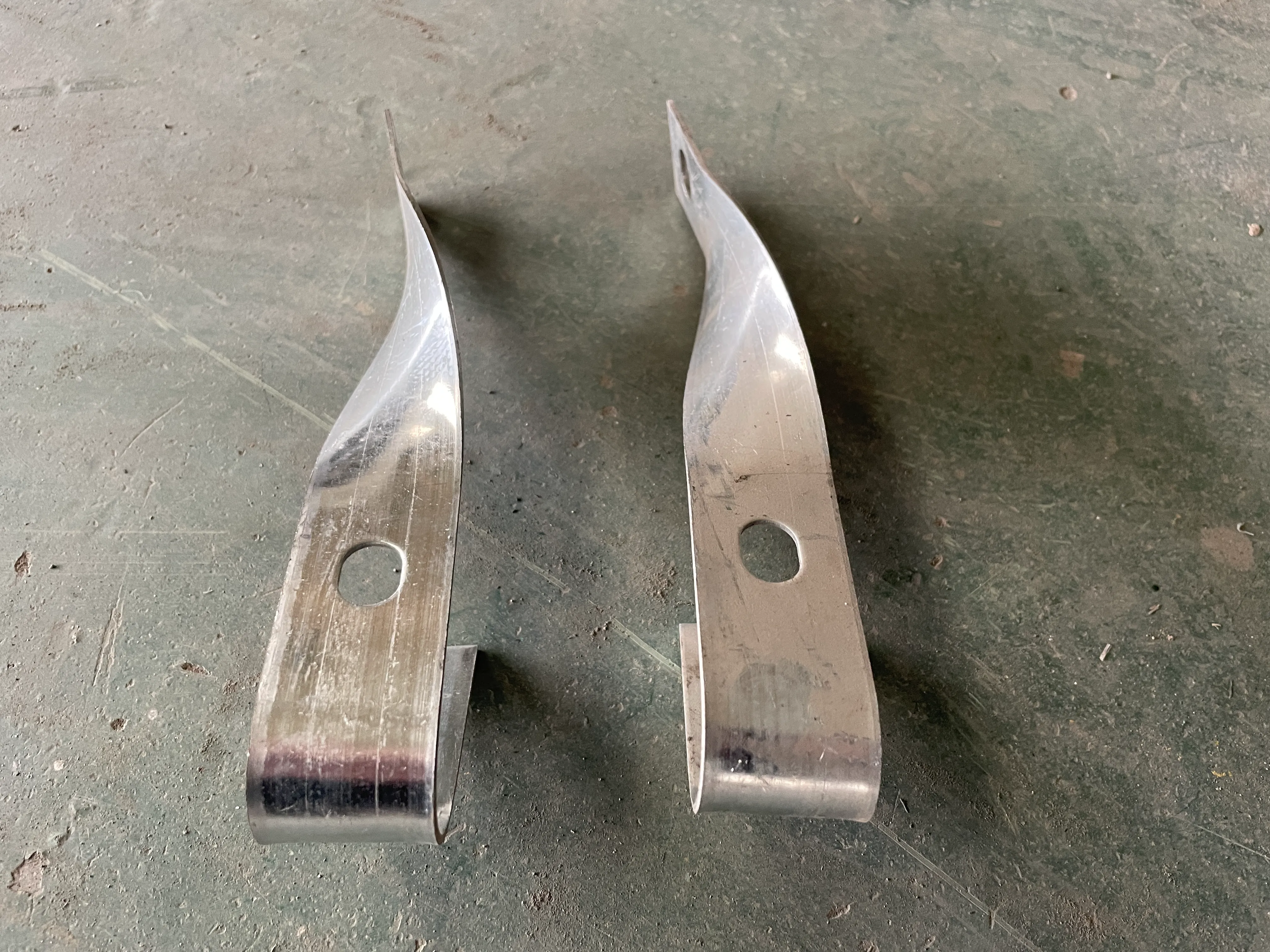loading...
- No. 9, Xingyuan South Street, Dongwaihuan Road, Zaoqiang County, Hengshui, Hebei, China
- admin@zjcomposites.com
- +86 15097380338
- Welcome to visit our website!
frp vessels
The Significance of FRP Vessels in Modern Industry
In recent years, the use of Fiber Reinforced Polymer (FRP) vessels has gained significant traction across various industries due to their remarkable properties and versatility. FRP is a composite material made from a polymer matrix reinforced with fibers, which can include glass, carbon, aramid, or natural fibers. The unique characteristics of FRP vessels, such as their high strength-to-weight ratio, corrosion resistance, and design flexibility, make them an increasingly common choice for many applications.
Corrosion Resistance and Durability
One of the most significant advantages of FRP vessels is their exceptional resistance to corrosion. Unlike traditional materials like steel, which can degrade over time when exposed to moisture, chemicals, or environmental conditions, FRP vessels maintain their integrity under challenging circumstances. This property is particularly beneficial in industries such as chemical processing, wastewater management, and marine applications, where equipment often encounters harsh environments.
The durability of FRP vessels extends their operational lifespan and reduces maintenance costs. For instance, in the oil and gas sector, FRP tanks can safely store corrosive substances, minimizing the risk of leaks and spills. The longevity of these vessels helps companies avoid frequent replacements, leading to substantial cost savings over time.
Lightweight and High Strength
Another notable characteristic of FRP vessels is their lightweight nature combined with high strength. The density of FRP is considerably lower than that of metal, which reduces the overall weight of the equipment. This property is crucial for applications where weight plays a significant role, such as aerospace, automotive, and marine industries. The reduced weight not only simplifies the handling and installation processes but also improves fuel efficiency in transportation applications.
Moreover, FRP vessels exhibit remarkable strength, allowing them to withstand external pressures and extreme conditions without compromising safety. This combination of lightweight design and structural integrity makes FRP vessels ideal for various demanding applications, providing manufacturers with flexibility and reliability.
Design Flexibility and Customization
frp vessels

The design flexibility offered by FRP vessels is another compelling reason for their growing popularity. Unlike traditional materials, FRP can be molded into complex shapes and configurations, allowing for innovative designs that meet specific needs. This adaptability is particularly beneficial in industries such as pharmaceuticals and food processing, where hygiene and specialized storage conditions are paramount.
Furthermore, FRP vessels can be customized to suit particular requirements, including size, shape, and color. This level of personalization is advantageous for businesses looking to optimize their operations while adhering to regulatory standards. It also enables companies to create visually appealing products that align with their branding.
Environmental Considerations
In today's world, sustainability is a critical factor for industries. FRP vessels contribute positively to environmental stewardship by reducing the risk of chemical leaks and pollution. Their long lifespan and minimal maintenance needs mean that fewer resources are consumed over time compared to conventional materials. Additionally, advancements in recycling technologies for FRP composites are making it possible to reclaim and reuse these materials, further enhancing their environmental profile.
Applications Across Industries
The versatility of FRP vessels allows their application across a multitude of industries. In the water treatment sector, FRP tanks are used for storing and processing chemicals required for purification. The oil and gas industry utilizes FRP for piping, storage tanks, and other equipment due to their resilience against corrosive substances. Furthermore, the construction industry incorporates FRP materials in structural components and reinforcement applications, capitalizing on the weight-saving and strength benefits.
Conclusion
In conclusion, the growing demand for FRP vessels in various industries is attributed to their outstanding properties, including corrosion resistance, lightweight design, durability, and design flexibility. As companies increasingly prioritize sustainability and cost-effectiveness, the adoption of FRP vessels is expected to rise. Innovations in material science will continue to enhance the performance and capabilities of FRP, making it an integral part of future industrial applications. The potential for FRP vessels is immense, and their role in modern industry will undoubtedly expand as more businesses recognize their significant advantages.
-
The Rise of FRP Profiles: Strong, Lightweight, and Built to LastNewsJul.14,2025
-
SMC Panel Tanks: A Modern Water Storage Solution for All EnvironmentsNewsJul.14,2025
-
GRP Grating: A Modern Solution for Safe and Durable Access SystemsNewsJul.14,2025
-
Galvanized Steel Water Tanks: Durable, Reliable, and Ready for UseNewsJul.14,2025
-
FRP Mini Mesh Grating: The Safer, Smarter Flooring SolutionNewsJul.14,2025
-
Exploring FRP Vessels: Durable Solutions for Modern Fluid HandlingNewsJul.14,2025
-
GRP Structures: The Future of Lightweight, High-Performance EngineeringNewsJun.20,2025
